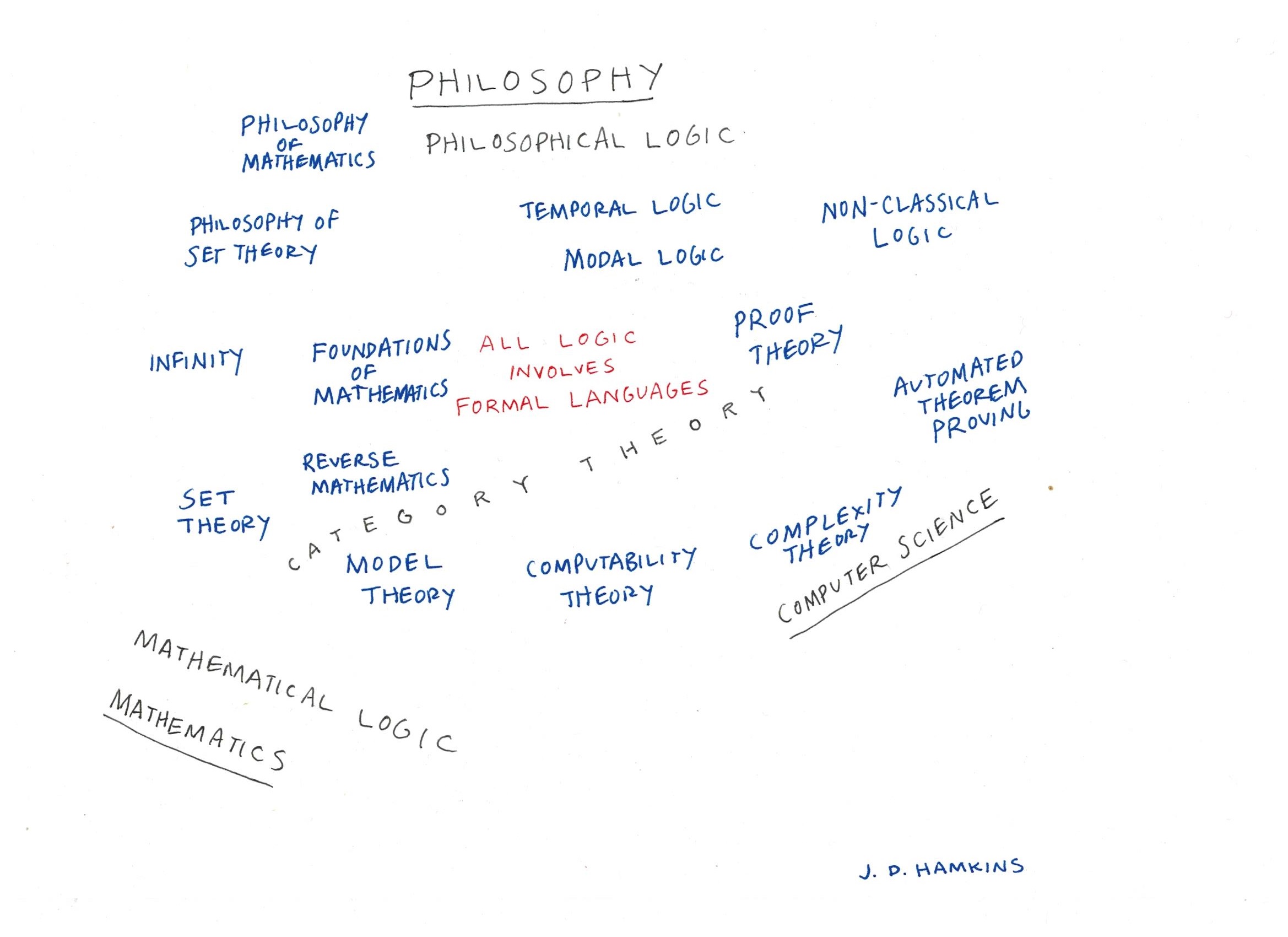What are the relations between logic as an area of (modern) philosophy and mathematical logic.
The world "modern" refers to 20th century and later, and I am curious mainly about the second half of the 20th century.
Background and motivation
Logic is an ancient area of philosophy which, while extensively beein studied in Universities for centuries, not much happened (unlike other areas of philosophy) from ancient times until the end of the 19th century. The development of logic in the first part of the 20th century since Frege, Russell and others is a turning point both in logic as an area of philosophy and in mathematical logic. In the first half of the 20th century there were close connections between the development of logic as an area of philosophy and the development of mathematical logic. Later, in addition to its interest for mathematicians and philosophers logic became a central applied field in computer science.
My question is about relations between logic as part of philosophy and mathematical logic from the second half of the 20th century when its seems that connections between these two areas have weakened. So I am asking about formal models developed in philosophy that had become important in mathematical logic and about works in philosophical logic that were motivated or influenced by developments in mathematical logic.
I am quite curious also about the reasons for the much weaker connections between mathematical logic and formal models developed by philosophers at the later part of the 20th century. (This makes this question much less board than it seems. Another thing I am curious about is to what extent for the applications to computer science formal models described by philosophers turned out to be useful.
Update: To complement the excellent answers already given I will try to ask some additional researchers in relevant fields to contribute directly or through me.
Update While it was clear in some of the answers let me make it explicit that I refer also to relations between philosophy and set theory.
Related MO question: In what ways did Leibniz's philosophy foresee modern mathematics? Has philosophy ever clarified mathematics?

